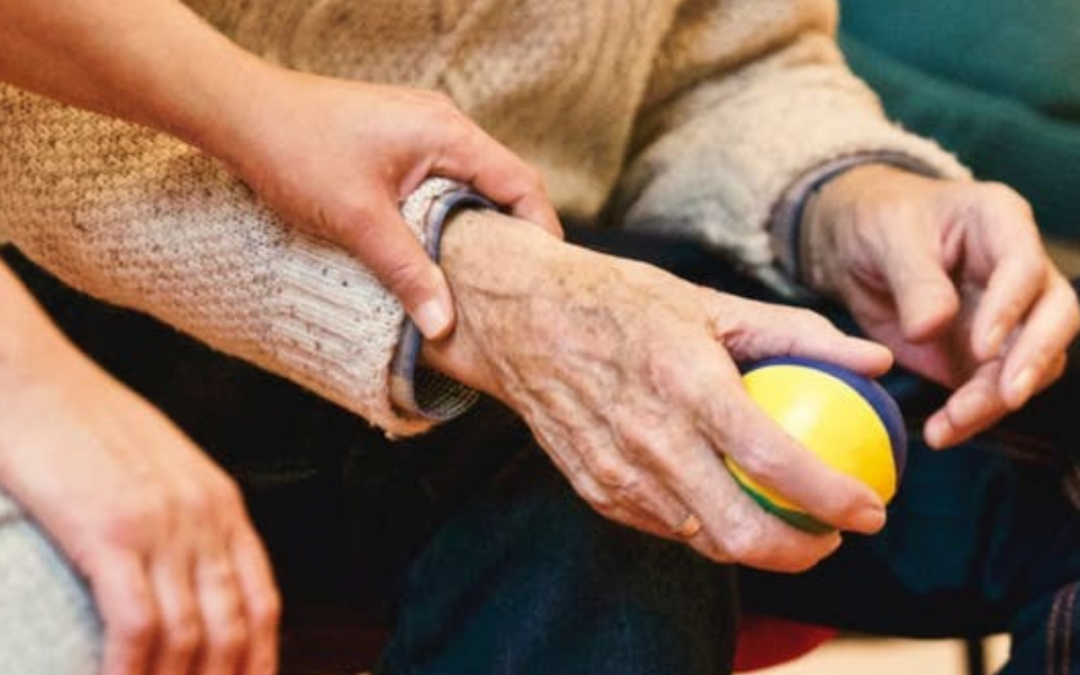If you are concerned about your elderly parents, it’s probably with good reason. As our population ages and folks live into their 80s and 90s, there is a very good chance that caregiving is something you will have to deal with.
It is exciting to know that about 15 years have been added to our lives. The challenge, however, is that many of us will be living with several chronic diseases. While not life threatening, they can cause impairment of body or mind or both.
This is the case with many of our parents. They reach a point where they need help, but refuse to allow it nor will they move from their homes to a safer place. And who can blame them? We all cherish our independence.
What often happens, however, is that a parent will have an accident, usually a bad fall. One in every three adults age 65 and older falls and among older adults falls are the leading cause of both fatal and non-fatal injuries.
That’s followed by the call for help. First there is a hospital stay and then, perhaps, a rehabilitation facility. The trip home follows. But home is no longer a safe place for mom, dad, or both, alone. Yes, most of us want to age in place, but all too often, is done at great risk to our health and well-being.
Now it’s time for The Talk.
Getting older can be scary. Not only is our independence at stake, but older people are often made to feel irrelevant or are simply dismissed. What can we do to convince mom and/or dad that help is necessary for them to stay at home?
It is best to talk with family members when you first see changes occur, hopefully before there is an accident. But, what is the best approach?
Here are some thoughts about how to have The Talk.
• Set a time for a conversation to discuss what you have observed. Let your parents know why you want to talk with them. It’s best not to surprise them.
• Prepare for the talk and think about the things that may cause your parents to become defensive, embarrassed or feel misunderstood.
• It is always best to provide concrete examples. A stack of unpaid bills. Spoiled food in the fridge. Perhaps a black and blue mark has appeared and no one has an explanation for it.
• Remember that you are talking to your parents so refrain from patronizing them or sounding like a parent. It is very important to remember it is still your mother and/or your father and they are probably aware of and frightened by what is happening.
• Express your love and concern. Be sure you listen to and acknowledge their concerns and let them know that you understand. Be honest and direct.
• Look for solutions that maximize their independence. Identify realistic options and create a plan with small steps.
• Don’t gang up. If there is more than one adult child, one should take the lead.
• Always, always ask for help if the situation becomes too much for you.

